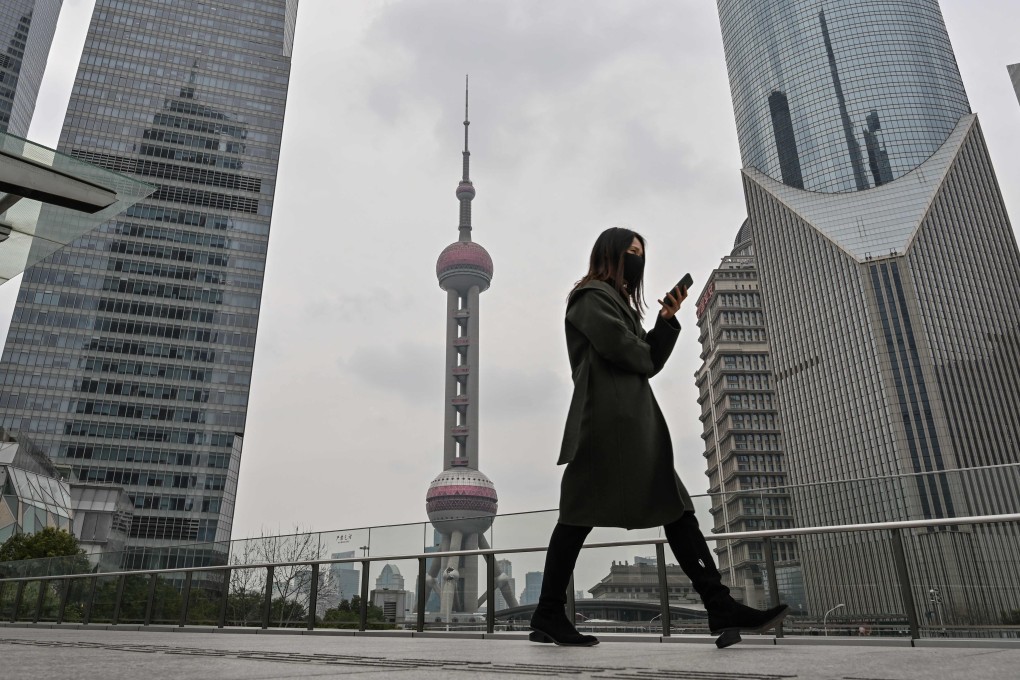Covid-19 outbreak to have ‘devastating impact’ on Shanghai commercial property, as consumers stay away
- Only a third of the city’s about 11,000 stores had reopened for business as of early March
- Commercial property developers will be one of the biggest victims, Colliers International says

No area of business has been left untouched by the Covid-19 outbreak in mainland China, including the commercial property sector.
The manufacturing sector might have ramped up production after a gap of more than a month, but major shopping districts in Shanghai, China’s commercial and financial capital, remain deserted, with consumers delaying the purchases of daily necessities as well as big-ticket items. As of early this month, only a third of the city’s about 11,000 stores had reopened for business. They were expected to resume work on January 31, when the Lunar New Year holiday ended.
The Covid-19 outbreak has killed more than 3,000 people and infected more than 100,000 across more than 80 countries.
“Commercial property developers will be one of the biggest victims of the outbreak,” Colliers International said in a recent research note. “A loss of business time and a sharp drop in foot traffic will have a devastating impact on them.”
On Wednesday afternoon, only a few shoppers could be seen at the Nanjing Road pedestrian shopping street, one of Shanghai’s most bustling commercial areas. Earlier, the Shanghai Metro said passenger trips had plunged to 1.19 million on February 29, taking its seven-day moving average to 2.3 million trips – a decline of 79.2 per cent when compared with the same period last year. Anecdotal evidence suggests daily sales at stores represented only a small portion of the amount recorded before the Lunar New Year holiday, which started on January 25.
Analysts said it was difficult to gauge the impact of the outbreak on commercial mall developers and operators at the moment. But Zhou Lingzi, a senior manager with a state-owned commercial property operator, said a rising wave of closures at retailers would cause a big loss to his company.